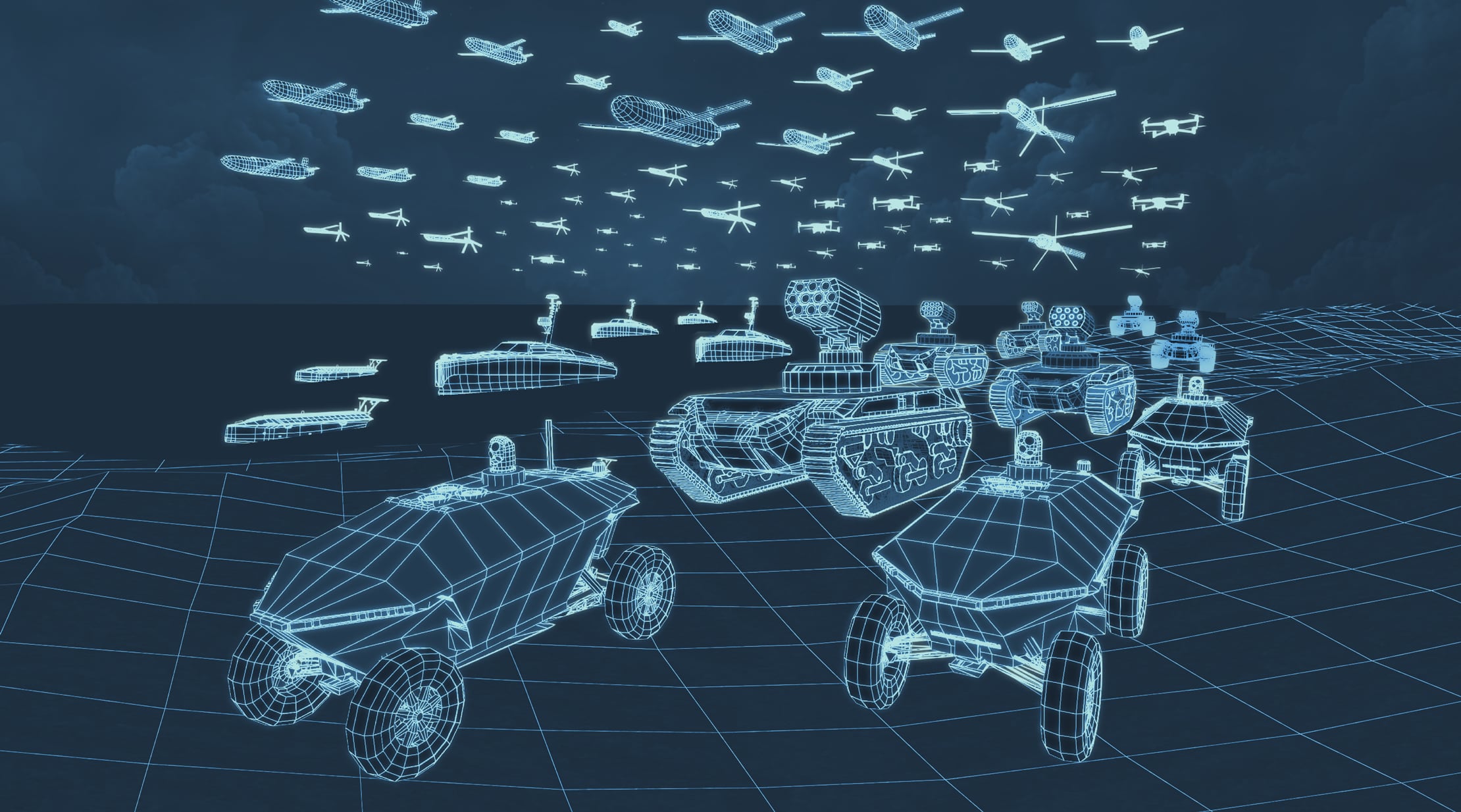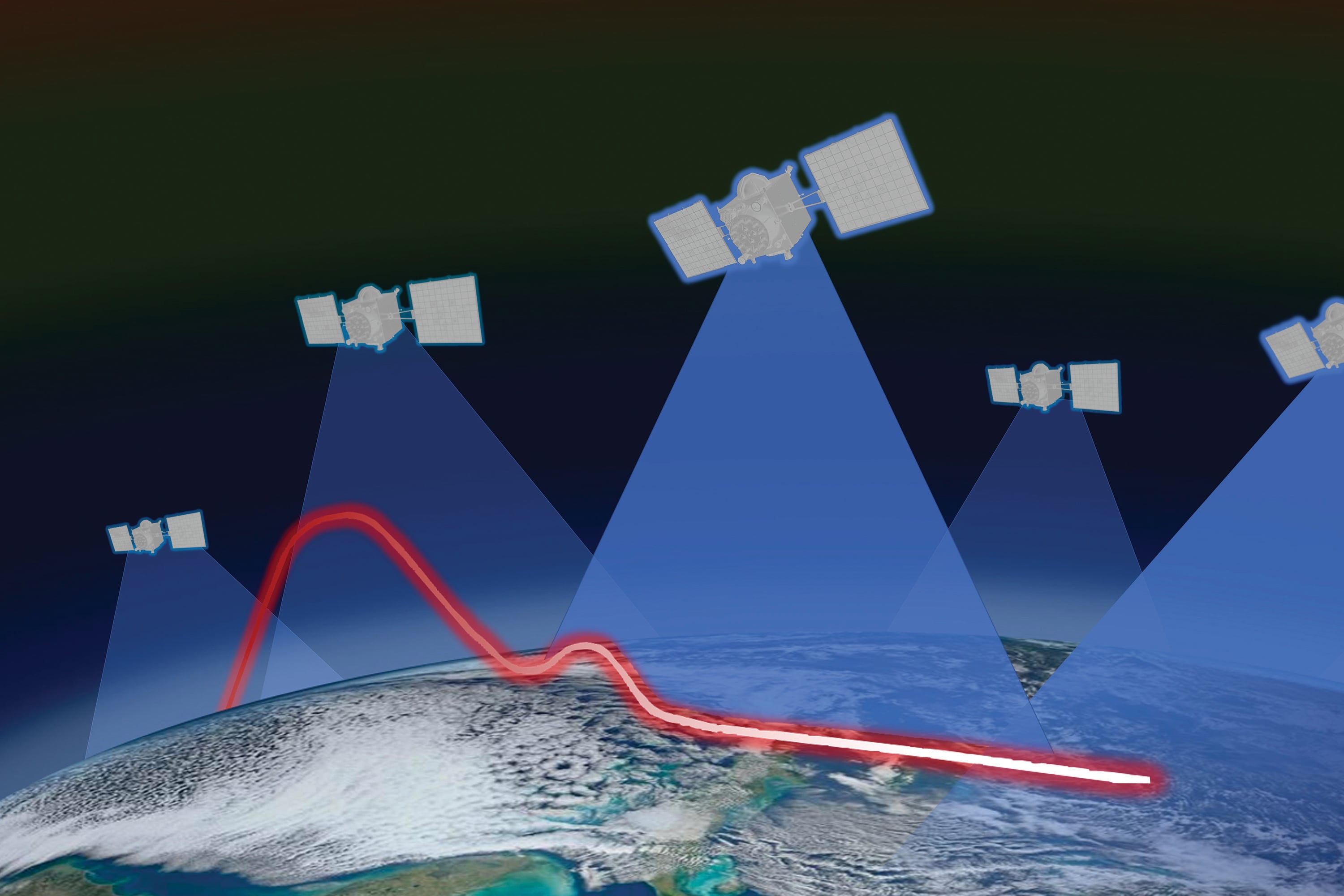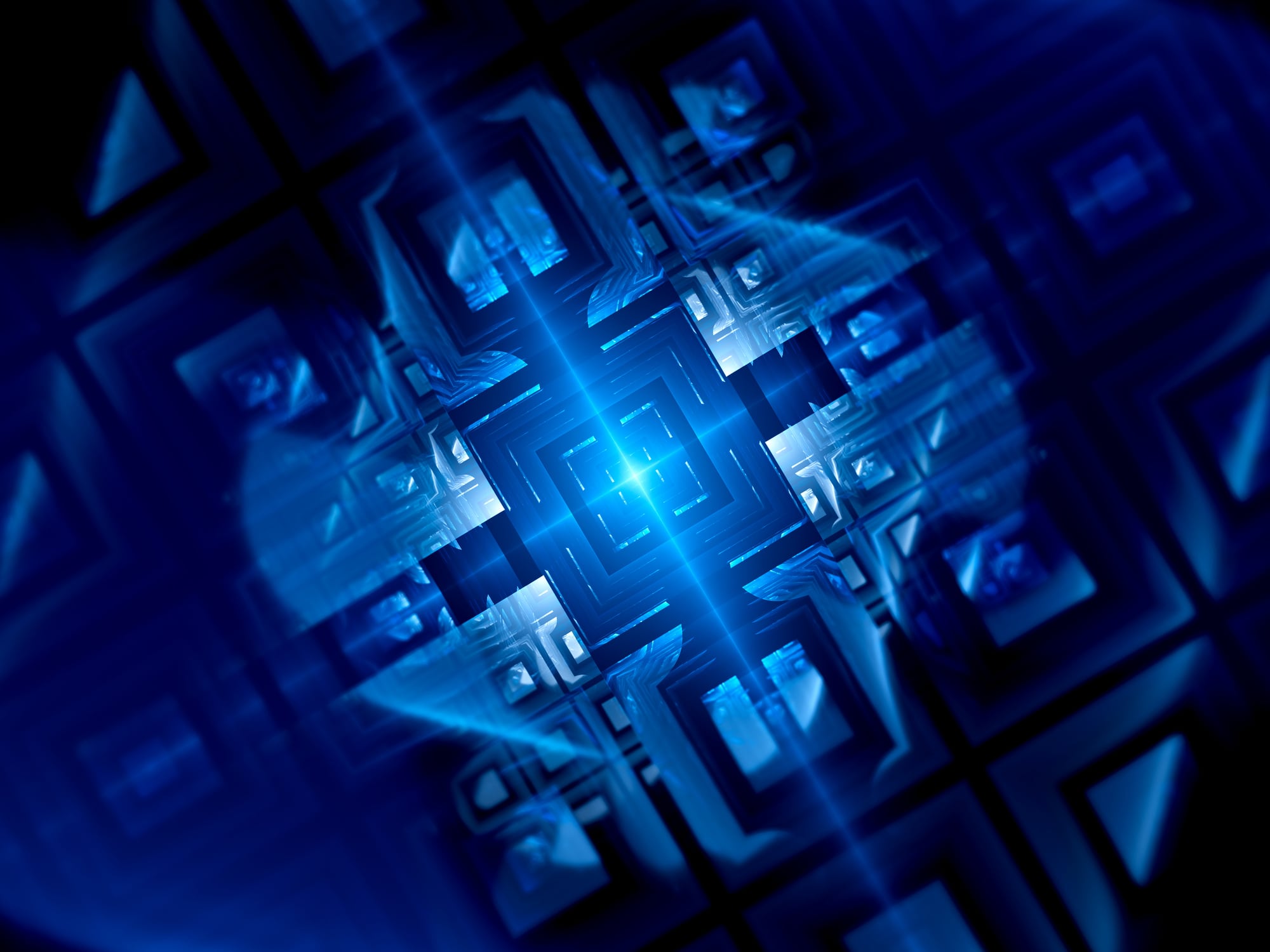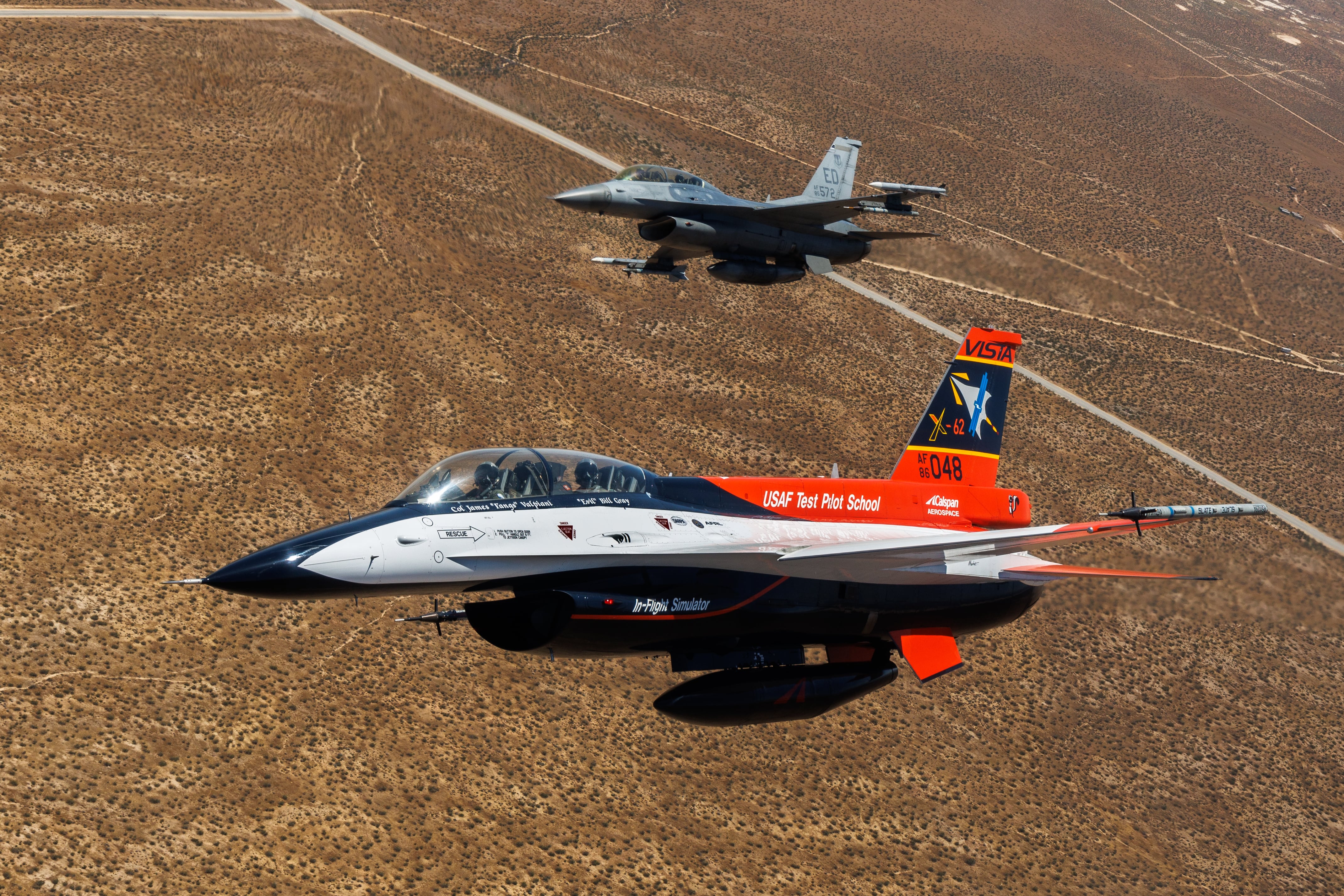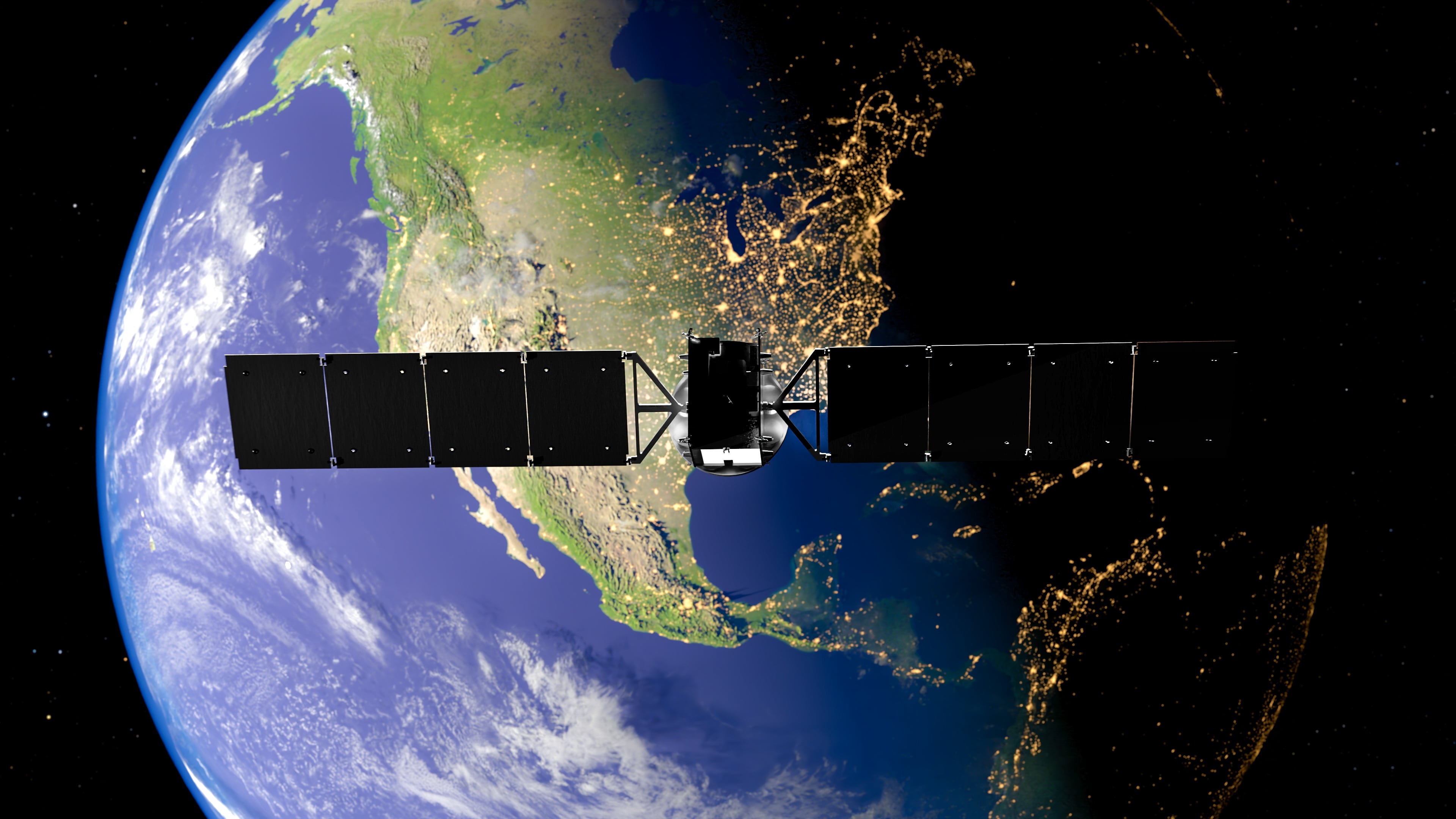The intelligence community is generating and consuming massively growing amounts of data, much of it coming from an increasing number of sensors deployed in space. That mountain of data will only continue to grow with the impending launch of hundreds of small satellites, or "small sats," according to intelligence officials.
Small sats weigh in at under 200 pounds and are typically launched as part of larger constellations that orbit, monitor and scan the globe. They are a key part of tracking activity, an emerging piece of the intelligence puzzle the community is relying more on every day to identify patterns and provide predictive analysis.
"One of the most challenging things affecting our people in the near future is the small-sat revolution," said National Geospatial-Intelligence Agency Director Robert Cardillo at the GEOINT 2015 Symposium in Washington. "Some are uncomfortable with this seemingly uncontrolled movement of more and more sensors into space. And while I recognize that there are two sides to the world's growing transparency, I am energized and enthused about this development. Frankly, it has pushed GEOINT to an inflection point."
Cardillo said that more than a dozen satellite constellations comprising hundreds of small sats will launch and "revolutionize the way we sense the planet…it's more than just images. It means our analysis of world events is going to be holistic and persistent."
He said the so-called "darkening of the skies" is a boon for intelligence community personnel, freeing them from manpower-intensive work that can be automated and allowing them to focus on interpreting, rather than collecting, critical intelligence.
"We in government have to pivot, and change our mindset, to investigate multiple possibilities, and to better understand this complex situation," Cardillo said. "We won't need to balance a finite collection capability against a seemingly infinite set of GEOINT requirements. And I'm betting on our people – those brains – because their expertise is our ultimate value proposition."

